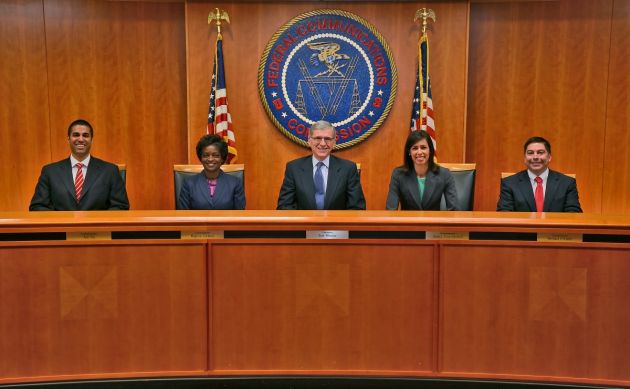FCC boosting Wi-Fi speed to 1Gbps

The Federal Communications Commission has voted unanimously to open up an additional 100MHz for Wi-Fi-enabled devices in the 5GHz band of spectrum in a move that could allow for Wi-Fi services with speeds of one gigabit per second and faster.
It also voted to remove indoor-only restrictions on Wi-Fi devices and increase the amount of power they can use in the 5.15 to 5.25 GHz band of spectrum. The restrictions had been in place to protect Globalstar, a company that provides mobile and fixed satellite services in that area of spectrum.
Globalstar had raised interference concerns about new Wi-Fi devices operating in the spectrum, but recently said it did not object as long as its services could be protected.
"This change will have real impact, because we are doubling the unlicensed bandwidth in the 5 GHz band overnight," said Commissioner Jessica Rosenworcel.
The new spectrum will help Internet users get higher Wi-Fi speeds and should ease congestion in crowded areas. But the unlicensed spectrum will also give innovators more spectrum with which to experiment, Rosenworcel said.
"The power of unlicensed goes beyond on-ramps to the Internet and off-loading for licensed (mobile) services," she said. "It is the power of setting aside more of our airwaves for experiment and innovation without license. It is bound to yield new and exciting developments. It is also bound to be an economic boon."
The FCC's decision moves the U.S. closer to ending an old debate about the value of licensed spectrum versus unlicensed spectrum, said FCC Chairman Tom Wheeler.
The FCC action will allow so-called unlicensed national information infrastructure (U-NII) devices to operate in the spectrum. U-NII devices now operate in 555MHz of spectrum in the 5GHz band, and are used for Wi-Fi and other high-speed wireless connections.
U-NII devices create Wi-Fi hot spots and wireless home local area networks to connect smart phones, tablets and laptops to the Internet, and are used by wireless ISPs to provide broadband service to rural areas.